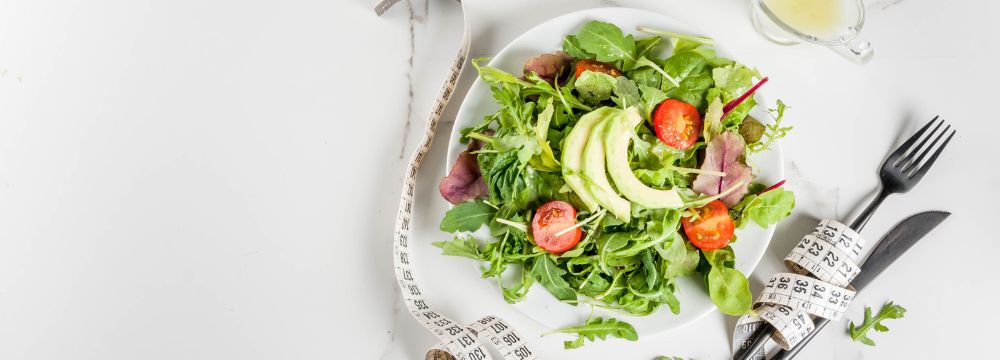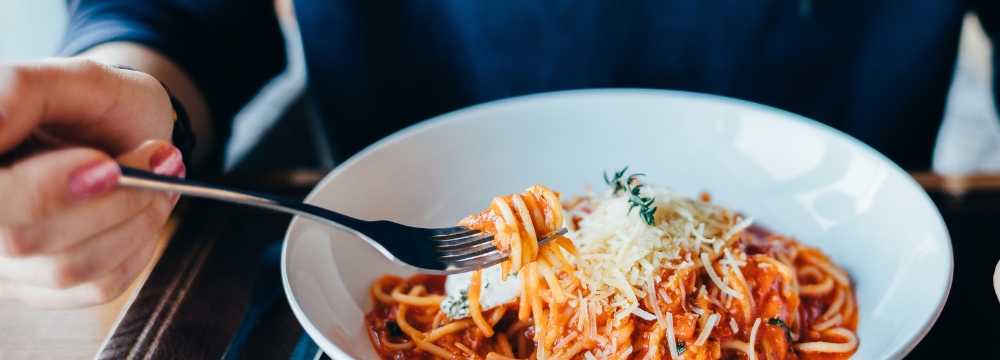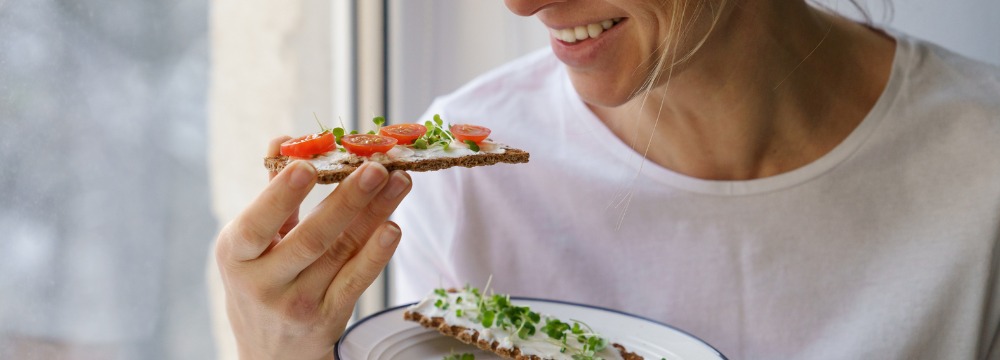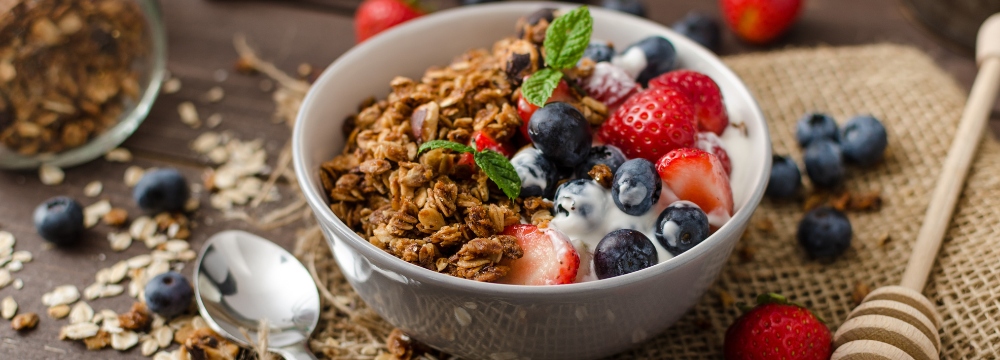After Bariatric Surgery
Calories in calories out are the basis for weight gain and weight loss, but it would be a mistake not to look any deeper and understand what that means. After all, it’s not just how much we eat that counts, but also what we eat, the ingredients we consume, and what we drink. So, let’s understand how you should eat and drink after bariatric surgery.
Before we do, however, let’s talk about tracking. Many apps out there track what you eat, but most, especially those that are free or very low cost, do so only by counting calories. To ensure you are hitting the mark for your bariatric diet, you may wish to invest in a food-tracking app that also tracks the proportion of protein, fats, and carbs you’re consuming. Tracking your hydration status by following your water intake is also an excellent way to understand your full dietary picture.
It’s also worth noting that these apps often track exercise. However, exercises are very individual-dependent, and the likelihood is that they will overestimate the number of calories burned for several reasons. It’s best not to rely on the app for caloric burn and stay focused on calories consumed through food and drink.
Let’s Talk About Saturated Versus Unsaturated Fats
Fat has been given a decidedly negative connotation in the modern diet, but it’s essential for the proper functioning of our bodies. However, there is a distinction between saturated and unsaturated fats. Saturated fats promote the clogging of arteries, known as atherosclerosis. Even within the saturated fat world, there are better and worse options. For example, olive oil contains saturated fat but otherwise represents a healthy part of the diet. While saturated fat in any form needs to be limited, consuming olive oil as part of a salad is far better than consuming the same amount of saturated fat in a processed, boxed TV meal.
Cholesterol has also been given a bad name. Blood cholesterol is problematic, and we want to keep that as low as possible. However, dietary cholesterol does not seem to significantly affect serum (blood) cholesterol levels, and therefore, we no longer concern ourselves with consuming some foods like egg yolks and shellfish. Shellfish, in particular, is low in calories and high in protein, yet for a while, it was vilified for its high dietary cholesterol.
Breaking Down Different Types of Carbs
It’s also a misconception that all carbs are bad. This is not the case. Complex carbohydrates like whole grains can help you stay full and control blood sugar levels over the day. The true culprit in the carb world is simple carbs like added sugar and white grains – white rice, white bread, and the like. These are carbs and calories, with very little nutrition to back them up. They do little more than fill you up temporarily but then release a flood of sugar into the system.
We must also segment naturally occurring sugars and added sugar to better understand how to eat. Eating whole fruits, for example, involves consuming a good deal of sugar, but these are offset by the nutrients and fiber the fruit provides. On the other hand, added sugar is problematic, and most Americans consume far more sugar than they should. Consider that one can of soda often contains an entire day’s added sugar.
The Glycemic Index
The glycemic index can be useful in understanding what foods should and shouldn’t be eaten, especially for those with prediabetes or full-fledged diabetes. However, even the glycemic index needs to be understood for its limitations. Fructose, for example, tends to be low on the glycemic index because it is metabolized by the liver before it turns into glucose. However, fructose-containing foods and drinks (sodas and some commercially baked goods) can strain the liver. Read more about fructose vs glucose.
As you can see, everything mentioned above contains calories, but the way we consume those calories makes a significant difference to our overall health. By replacing saturated fats, simple carbs, and added sugars with unsaturated fats, whole grains, and naturally occurring sugars, we can begin reversing a host of diet-related concerns, not least of which are prediabetes, diabetes, and other metabolic disorders. Fortunately, you have the knowledge of thousands of patient cases behind you when having surgery at our practice. To that end, we have developed comprehensive guidelines around what you should and should not eat. Following these dietary guidelines helps ensure the very best results after bariatric surgery and assists in maintaining that weight loss over the long term.
We look forward to helping you lose weight safely and effectively through bariatric surgery and subsequent lifestyle changes. To that end, we want you to know that your success is ours as well, and we look forward to celebrating your victories together soon.











